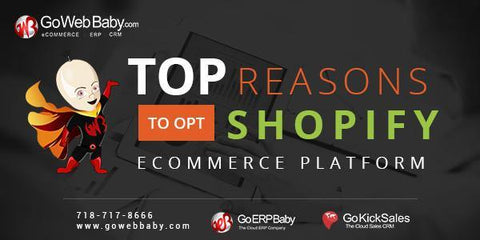Enterprise resource planning is the magic mantra which is doing rounds in the business circles these days and not without reason though. It is a much desired software environment which manages the operations of businesses in a cost effective and efficient manner.
The Cloud ERP
Putting it in a nutshell the cloud ERP software is one which creates applications in a cloud over the internet in a remote server and does not require client side application to access and work on them. Owing to the astounding successful response from varied businesses, the public Cloud market which in 2013 was estimated at $58 billion is expected to skyrocket to $191 billion by 2020.
There are basically 3 strategies upon which the Cloud ERP implements namely, Private cloud ERP which configures well with traditional systems and does not have in-built cloud computing applications. Then there is the ERP software which implements ERP applications based on cloud computing, and they especially have extended features like Software-as-a-Service, and it facilitates in managing customer experiences. The third is Public cloud ERP which is a complete cloud based solution.
Uniformity
Cloud based ERP creates an environment which provides uniformity to the different business processes. The different departments of the business organization may need data for different functions, and since the applications are stored in the cloud hence there is a centralized database system. This ensures that all the departments are on the same page, and the data integrity and uniformity is maintained across different departments.
Scalability
Another dynamic feature of cloud based ERP is that is has scalability which makes it elastic. The resources over the cloud are flexible to expand and shrink as per the usage. If there is a sudden influx of traffic the system resources expand to accommodate more users and not slow down the computation with workload. While if your users go to sleep so do the resources which host your application, and only the minimal basic resources are utilized. And since you pay only for the resources you use, your cost price is kept at minimal.
Simplicity
The cloud based ERP has automated technology which is especially beneficial for the small and medium businesses which lack the technical knowhow. Businesses may have staggering complexities in the operations, and their challenges can include managing the inventories, keeping track of the suppliers, and monitoring their stakeholders. To ensure sanity and organize the various functions Cloud ERP is the best solution available to them at present.
Flexibility
The applications have the flexibility to run across different platforms and can be accessed from any location. Maintaining your IT team, software, and hardware can be an expensive affair for you, and as your business grows you may need further upgrading in your IT sector which could well mean more hardware, and increase in cost of maintenance. But with ERP applications running on remote servers, companies are saved from the nagging process of renovating their existing systems.
Technical Support
The IT professionals of the service providers receive regular updates on technological issues and are more efficient in handling any errors which may occur. You are able to reach them 24x7 which ensures that if your system goes down it is put back on track in a quick turnaround time.






